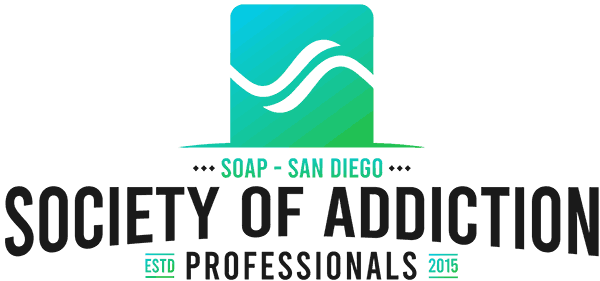Getting clean isn’t easy, especially when you’re first starting out. Many people need to go to detox to get highly addictive drugs out of their system. Some of this detox produces uncomfortable physical and physchological symptoms. These symptoms usually subside within a few days to a few weeks. However, there are also long-term effects that occur with people who typically used drugs or alcohol for a long period of time. These effects are still your body trying to clean itself out and heal long-term damage. The clinical term for these effects is Post Acute Withdrawal Syndrome (PAWS).
What is Post Acute Withdrawal Syndrome (PAWS)?
PAWS is a term many clinicians are familiar with, but many people remain ignorant of it. PAWS is the long-term withdrawal and healing that your body goes through once you’ve been clean for about six months. While not as intense as physical withdrawal, if you don’t realize what’s going on, PAWS can be upsetting. The symptoms could even be a trigger to use.
Recovery from physical withdrawal can take between six and 24 months to recover from. During this time, your brain and body slowly begin to heal and adjust. Your brain and body chemicals will be adjusting during this time. No two people’s experience with PAWS is alike, and your symptoms could be very mild or feel extreme.
Understanding the symptoms can help you cope with them.
PAWS Symptoms
The symptoms of post acute withdrawal including brain fog and memory issues. You may also have emotional disturbances, a feeling of emotional flatness or numbness, or even deep mood swings. Many people feel deppressed or anxious during their first few in recovery, but the feeling comes and goes.
lingering effects of withdrawal, called “post-acute withdrawal syndrome” (PAWS), which can seriously challenge sobriety. These symptoms are a result of brain dysfunction caused by the brain readjusting to being without alcohol and drugs. Recovery from PAWS usually takes somewhere between six and 24 months.
If you understand what the symptoms are, you are in a position to manage them. Successful management of your alcohol or drug withdrawal symptoms will help you feel better physically and emotionally, improve your self-esteem, and reduce your risk of relapse. You may also experience mood swings, insomnia, coordination problems and overreactions to stress. You may simply feel anxious or depressed. None of these symptoms are pleasant, and you deserve to get help for them.
Coping with Post Acute Withdrawal
If you’re experiencing any of these symptoms, and they are affecting your daily life in a way that interrupts it, you may want to see a doctor or therapist to help you. Mood swings may also be caused by an underlying mental health disorder.
Share about your experiences or feelings with your sponsor or 12-step group. You may want to keep a journey of your feelings and symptoms to track your recovery.
If you’re feeling overwhelmed, get help. You’re never alone in the recovery journey and 12-step groups as well as other therapy groups are here to help you cope with your feelings. You’ll get through this and be stronger on the other side. Just remember to keep it a day at a time.

